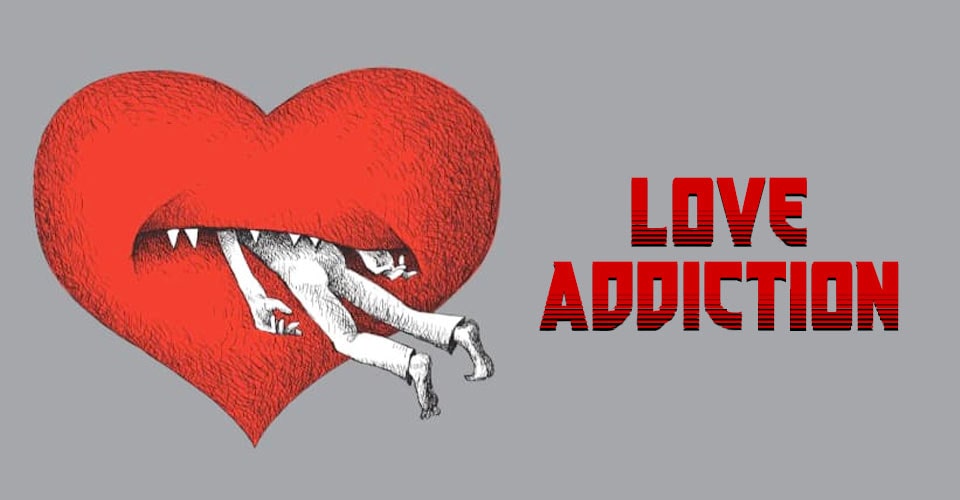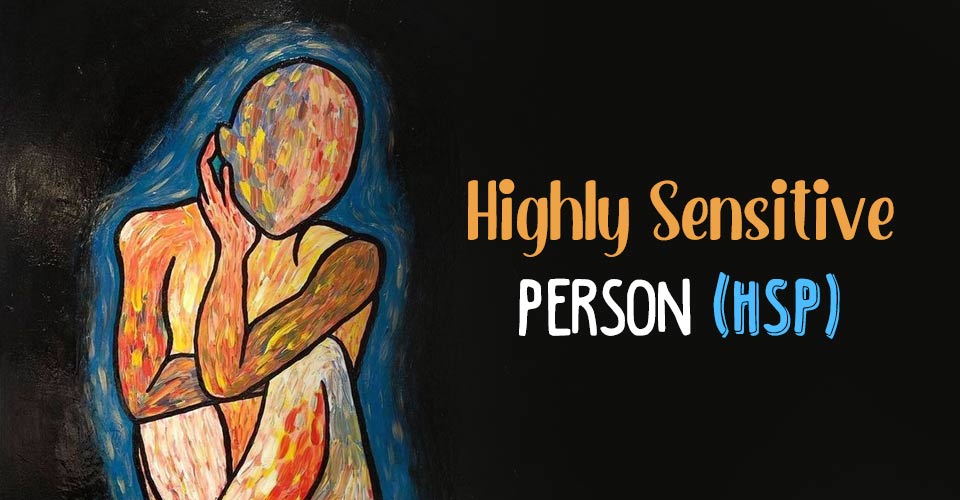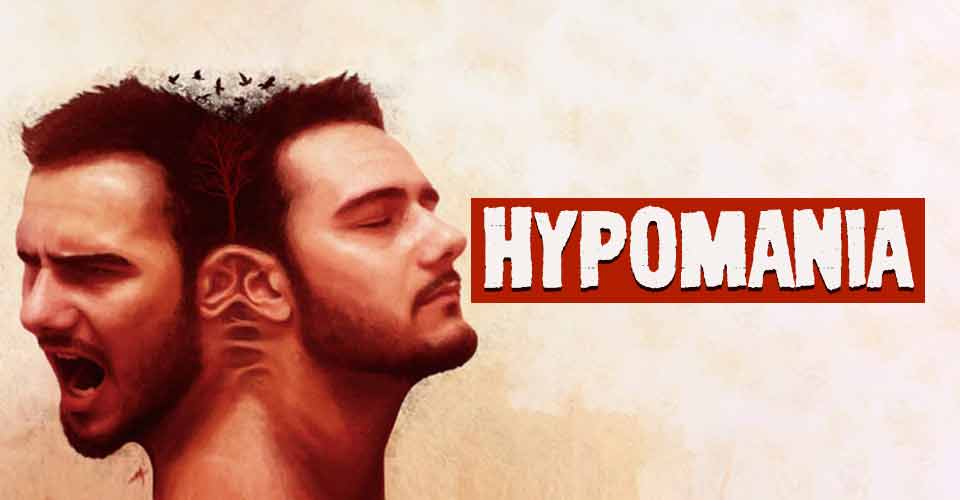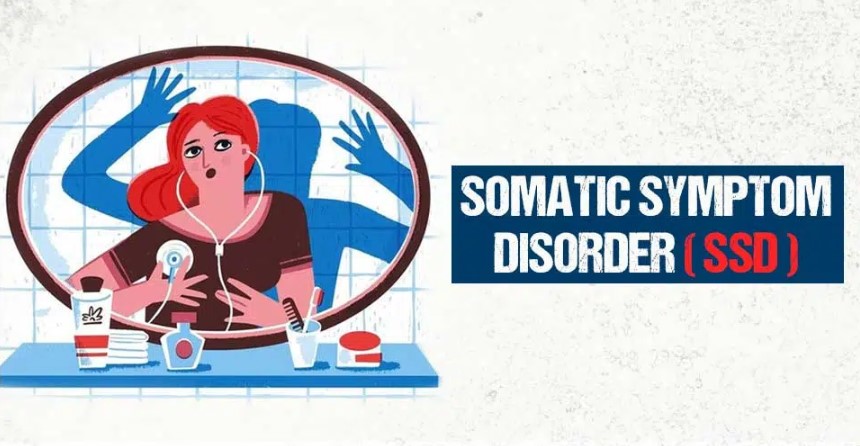Psychotherapy is a form of mental health treatment in which a trained professional establishes a relationship with a patient for the purpose of modifying symptoms of psychological and behavioral disorders and promoting personality growth. It involves a wide range of verbal and psychological therapeutic techniques.
What Is Psychotherapy?
Psychotherapy is a type of mental health intervention that uses dialogue and critical analysis to treat people with psychological, cognitive, and emotional disorders. One 2019 study [mfn] Locher, C., Meier, S., & Gaab, J. (2019). Psychotherapy: A World of Meanings. Frontiers in psychology, 10, 460. https://doi.org/10.3389/fpsyg.2019.00460 [/mfn] considers it to be “an effective psychological intervention for a multitude of psychological, behavioral, and somatic problems, symptoms, and disorders and thus rightfully considered as the main approach in mental and somatic health care management.” It is also known as “talking” therapy or mental health counseling.
The term “psychotherapy” is derived from the Greek words psyche meaning “spirit or soul” and therapeia meaning “healing”. The modern definition of psychotherapy as an in-depth psychological treatment method is drawn from the theories and clinical practices associated with Sigmund Freud’s original theory of psychoanalysis and its secondary psychodynamic schools of thought. It is seen as a collaborative treatment process—between a therapist and a client—which operates on the principles and values of trust, honesty, understanding, kindness, and confidentiality.
Understanding The Psychotherapy Process
In a typical psychotherapy session, the therapist sits down with a client in a supportive environment and, through dialogue, the client communicates his/her thoughts, beliefs, fears, and other mental processes. The therapist takes into account the patient’s medical history and early life choices and analyzes information from an objective, neutral, and non-judgmental position.
The therapist then helps the client identify and overcome the problems, as well as change the mental and behavioral patterns that are disrupting his/her well-being. At the end of the therapeutic relationship, the therapist helps the client improve his/her positive emotions and develop better social and communication skills that contribute to his/her happiness.
Psychotherapy services can be provided by a number of practicing professionals for a variety of mental disorders and usually involve certified, time-tested methods that improve mental and cognitive well-being. It is considered an effective mental health treatment method for almost all age groups; however, in some cases, psychotherapy treatment alone is insufficient for recovery.
In such cases, people avail psychotherapy with a number of medications and self-help coping strategies to address their psychological issues. Experts suggest that people availing of psychotherapy should also adopt a healthy lifestyle—with adequate sleep, good nutrition, and physical activity—to speed up their mental illness recovery and maintain wellness.
Read More About Good Mental Health Here
What Are The Psychotherapy Techniques?
Psychotherapy is often carried out by a variety of techniques tailored to the client’s preferences and nature of problems, the training and background of the therapist, and the requirements of the healing process of the parties involved. But certain techniques [mfn] Solms M. (2018). The scientific standing of psychoanalysis. BJPsych international, 15(1), 5–8. https://doi.org/10.1192/bji.2017.4 [/mfn] used in psychotherapy are its time-tested cornerstones, including:
- Unstructured, open-ended dialogue between patient and therapist
- Identifying recurring themes in the patient’s experience
- Linking the patient’s feelings and perceptions to past experiences
- Drawing attention to feelings regarded by the patient as unacceptable
- Pointing out ways in which the patient avoids such feelings
- Focusing on the here-and-now therapy relationship
- Drawing connections between the therapy relationship and other relationships
However, in recent years, the field of psychotherapy has been thrown open to diverse theoretical perspectives and greater experimentation [mfn] Høglend P. (1999). Psychotherapy research: new findings and implications for training and practice. The Journal of psychotherapy practice and research, 8(4), 257–263. [/mfn] in the unending quest to tap into the full potential of psychoanalysis and gain best treatment outcomes.
What Are The Different Psychotherapy Approaches?
Psychotherapy is one of the first healthcare interventions to be associated with finding meaning in a person’s psychic processes and it uses certain approaches in its treatment methods. According to a 2019 study, all four existing psychotherapy approaches are geared to “provide a context which enables clients to transform the meaning of their experiences and symptoms in such a way as to help clients feel better, and function more adaptively.” These approaches include:
1. Psychodynamic approach
Drawing from Freudian psychoanalysis and its secondary theories, the psychodynamic approach of psychotherapy focuses on a holistic perspective of the client. It seeks to reveal and provide meaning to the unconscious contents of a client’s psyche in order to heal mental and emotional conflicts. It is also known as “talking therapy”.
2. Humanistic approach
According to a 1999 study [mfn] Center for Substance Abuse Treatment. Brief Interventions and Brief Therapies for Substance Abuse. Rockville (MD): Substance Abuse and Mental Health Services Administration (US); 1999. (Treatment Improvement Protocol (TIP) Series, No. 34.) Chapter 6 –Brief Humanistic and Existential Therapies. Available from: https://www.ncbi.nlm.nih.gov/books/NBK64939/ [/mfn], the humanistic approach of psychotherapy “assumes an interrelatedness between the client’s psychological, biological, social, and spiritual dimensions.” It relies on the client’s own capacity of self-understanding [mfn] Hayes S. C. (2012). Humanistic psychology and contextual behavioral perspectives. Psychotherapy (Chicago, Ill.), 49(4), 455–460. https://doi.org/10.1037/a0027396 [/mfn] and self-discovery to solve psychological problems. It is usually employed in client-centered [mfn] Joseph S. (2021). How Humanistic Is Positive Psychology? Lessons in Positive Psychology From Carl Rogers’ Person-Centered Approach-It’s the Social Environment That Must Change. Frontiers in psychology, 12, 709789. https://doi.org/10.3389/fpsyg.2021.709789 [/mfn] therapy.
3. Behavioral approach
According to one 1999 study [mfn] Center for Substance Abuse Treatment. Brief Interventions and Brief Therapies for Substance Abuse. Rockville (MD): Substance Abuse and Mental Health Services Administration (US); 1999. (Treatment Improvement Protocol (TIP) Series, No. 34.) Chapter 4—Brief Cognitive-Behavioral Therapy. Available from: https://www.ncbi.nlm.nih.gov/books/NBK64948/ [/mfn], the behavioral approach of psychotherapy maintains that mental disorders are “developed and maintained through the general principles of learning and reinforcement.” It focuses on thoughts, cognitive schema, beliefs, attitudes, and attributions that affect a person’s emotional and behavioral expressions. It is successfully used in psychotherapy treatment in individual, group, and family settings.
4. Integrative approach
The integrative approach of psychotherapy, as one 2021 study [mfn] Zarbo, C., Tasca, G. A., Cattafi, F., & Compare, A. (2016). Integrative Psychotherapy Works. Frontiers in psychology, 6, 2021. https://doi.org/10.3389/fpsyg.2015.02021 [/mfn] puts it, insists on developing a new unified framework for dialog among different approaches and techniques of psychotherapy to reap positive health outcomes. It is often considered the “Grand Unified Theory” of psychotherapy that allows therapists to combine different evidence-based psychotherapeutic models to meet the client’s unique needs.
What Is Psychotherapy Treatment?
According to a 1998 study [mfn] Brent, D. A., & Kolko, D. J. (1998). Psychotherapy: definitions, mechanisms of action, and relationship to etiological models. Journal of abnormal child psychology, 26(1), 17–25. https://doi.org/10.1023/a:1022678622119 [/mfn], psychotherapy treatment is “a modality of treatment in which the therapist and patients work together to ameliorate psychopathologic conditions and functional impairment”. This therapeutic relationship explores the patient’s attitudes, thoughts, affect, behavior, and social context and development.
It translates the different schools of psychoanalytical and psychodynamic thought into clinical treatment methods or therapies. Such therapeutic sessions can be brief or lengthy, depending on the training and treatment approaches of the therapist, the type of therapeutic intervention, and the client’s problems.
Most commonly, psychotherapy treatment includes the following therapies:
1. Cognitive behavioral therapy (CBT)
Cognitive behavioral therapy (CBT) or cognitive therapy is a common-sense, client-centered therapeutic model that emphasizes on the relationship between cognition, emotion, and behavior [mfn] Chand SP, Kuckel DP, Huecker MR. Cognitive Behavior Therapy. [Updated 2021 Aug 26]. In: StatPearls [Internet]. Treasure Island (FL): StatPearls Publishing; 2022 Jan-. Available from: https://www.ncbi.nlm.nih.gov/books/NBK470241/ [/mfn]. It seeks to correct abnormal “automatic thoughts and behaviors, cognitive distortions, and underlying beliefs or schemas” that affect people with mental disorders. According to research [mfn] Hofmann, S. G., Asnaani, A., Vonk, I. J., Sawyer, A. T., & Fang, A. (2012). The Efficacy of Cognitive Behavioral Therapy: A Review of Meta-analyses. Cognitive therapy and research, 36(5), 427–440. https://doi.org/10.1007/s10608-012-9476-1 [/mfn] and clinical practice, CBT is a long-term clinical intervention for disorders like depression [mfn] Gautam, M., Tripathi, A., Deshmukh, D., & Gaur, M. (2020). Cognitive Behavioral Therapy for Depression. Indian journal of psychiatry, 62(Suppl 2), S223–S229. https://doi.org/10.4103/psychiatry.IndianJPsychiatry_772_19 [/mfn], anxiety disorders [mfn] Kaczkurkin, A. N., & Foa, E. B. (2015). Cognitive-behavioral therapy for anxiety disorders: an update on the empirical evidence. Dialogues in clinical neuroscience, 17(3), 337–346. https://doi.org/10.31887/DCNS.2015.17.3/akaczkurkin [/mfn], schizophrenia [mfn] Morrison A. K. (2009). Cognitive behavior therapy for people with schizophrenia. Psychiatry (Edgmont (Pa. : Township[/mfn], 6(12), 32–39. [/mfn], etc. It is a very popular form of individual, couple, or family therapy.
Read More About Cognitive Behavioral Therapy (CBT) Here
2. Dialectical behavior therapy (DBT)
Dialectical behavior therapy (DBT) is a comprehensive, evidence-based treatment process in which the therapist and the client work together to solve the latter’s psychological distress. The therapeutic relationship involves acceptance and change-oriented, problem-solving strategies to balance and synthesize the client’s inner thoughts, emotions, and actions. According to a 2006 study [mfn] Chapman A. L. (2006). Dialectical behavior therapy: current indications and unique elements. Psychiatry (Edgmont (Pa. : Township[/mfn], 3(9), 62–68. [/mfn], DBT is related to the successful treatment of people with suicidal thoughts, eating disorders, and personality disorders.
3. Acceptance and commitment therapy (ACT)
The treatment processes [mfn] Zhang, C. Q., Leeming, E., Smith, P., Chung, P. K., Hagger, M. S., & Hayes, S. C. (2018). Acceptance and Commitment Therapy for Health Behavior Change: A Contextually-Driven Approach. Frontiers in psychology, 8, 2350. https://doi.org/10.3389/fpsyg.2017.02350 [/mfn] involved in acceptance and commitment therapy aims to promote new health behaviors and wellness patterns through the strategies of psychological flexibility and mindfulness. It is a behavioral change method that is used to encourage predetermined healthy values for the treatment of disorders like depression and sleep disorders [mfn] Davoudi, M., Taheri, A. A., Foroughi, A. A., Ahmadi, S. M., & Heshmati, K. (2020). Effectiveness of acceptance and commitment therapy (ACT) on depression and sleep quality in painful diabetic neuropathy: a randomized clinical trial. Journal of diabetes and metabolic disorders, 19(2), 1081–1088. https://doi.org/10.1007/s40200-020-00609-x [/mfn].
4. Interpersonal psychotherapy (IPT)
Interpersonal psychotherapy (IPT) is a structured and time-limited therapy that is used to resolve interpersonal problems and initiate symptomatic recovery. It is drawn from psychodynamic theories and is usually conducted in a period of 12–16 weeks. According to one 2020 study [mfn] Rajhans, P., Hans, G., Kumar, V., & Chadda, R. K. (2020). Interpersonal Psychotherapy for Patients with Mental Disorders. Indian journal of psychiatry, 62(Suppl 2), S201–S212. https://doi.org/10.4103/psychiatry.IndianJPsychiatry_771_19 [/mfn], IPT is a choice treatment for people with eating disorders, depression, mood disorders, etc.
5. Supportive psychotherapy
Supportive psychotherapy employs the integrative approach of psychotherapy to reinforce the patient’s healthy and adaptive patterns of thought behaviors and reduce symptoms of mental distress in disorders like depression and anxiety disorders. It combines [mfn] Dewald P. A. (1994). Principles of supportive psychotherapy. American journal of psychotherapy, 48(4), 505–518. https://doi.org/10.1176/appi.psychotherapy.1994.48.4.505 [/mfn] various therapeutic schools with interpersonal conceptual models and techniques of psychotherapy treatment.
6. Other forms of psychotherapy
The field of psychotherapy is often experimental and it is often used in a number of unconventional therapeutic practices, such as play therapies, Eye Movement Desensitization and Reprocessing (EMDR), performance arts therapies, etc.
Who Can Do Psychotherapy?
Psychotherapy services can be provided by a number of professionals from a variety of backgrounds, including:
- Psychiatrists
- Psychologists
- Licensed social workers
- Licensed professional counselors
- Licensed marriage and family therapists
- Psychiatric nurses
- Any other professional with specialized training in psychotherapy
How Can Psychotherapy Help?
Psychotherapy is a vast and dynamic field of mental healthcare treatment and research is still underway for understanding how and why psychotherapy leads to change in certain psychological and cognitive disorders. However, decades of study have confirmed that the benefits of psychotherapy can be successfully used to “ameliorate psychopathologic conditions and functional impairment” related to:
- Depression
- Anxiety disorders
- Schizo-associative disorders
- Stress disorders
- Mood disorders
- Personality disorders
- Eating disorders
- Neurodevelopmental disorders, like autism, dyslexia, etc.
- Memory disorders, like dementia, Alzheimer’s disease (AD), etc.
Recent practice has also integrated psychotherapy in mindfulness techniques [mfn] Hofmann, S. G., & Gómez, A. F. (2017). Mindfulness-Based Interventions for Anxiety and Depression. The Psychiatric clinics of North America, 40(4), 739–749. https://doi.org/10.1016/j.psc.2017.08.008 [/mfn] and strategies that aim to improve general well-being and mental health [mfn] Hofmann, S. G., Sawyer, A. T., Witt, A. A., & Oh, D. (2010). The effect of mindfulness-based therapy on anxiety and depression: A meta-analytic review. Journal of consulting and clinical psychology, 78(2), 169–183. https://doi.org/10.1037/a0018555 [/mfn], relationships, and social skills [mfn] Kamenov, K., Twomey, C., Cabello, M., Prina, A. M., & Ayuso-Mateos, J. L. (2017). The efficacy of psychotherapy, pharmacotherapy and their combination on functioning and quality of life in depression: a meta-analysis. Psychological medicine, 47(3), 414–425. https://doi.org/10.1017/S0033291716002774 [/mfn].
Read More About Eating Disorders Here
How Effective Is Psychotherapy?
Studies show that a combination of psychotherapy, pharmacotherapy, and self-help strategies reaps the most positive health outcomes in people with mental illnesses. For instance, surveys by the American Psychiatric Association (APA) reveal that 75% of the clientele who avails psychotherapy treatment show emotional and behavioral improvement [mfn] Munder, T., Flückiger, C., Leichsenring, F., Abbass, A. A., Hilsenroth, M. J., Luyten, P., Rabung, S., Steinert, C., & Wampold, B. E. (2019). Is psychotherapy effective? A re-analysis of treatments for depression. Epidemiology and psychiatric sciences, 28(3), 268–274. https://doi.org/10.1017/S2045796018000355 [/mfn] and signs of sound mental and physical health.
The benefits of psychotherapy are also associated with:
- Healthier lifestyles and sleep schedules
- Greater psychological resilience
- Healthier thought processes, coping habits, and positive emotions
- Development of better cognitive, communication, and social skills
- Increased mindfulness
- Increased work satisfaction
- Better social and interpersonal relationships
- Increased happiness and well-being
Takeaway
Psychotherapy is an effective form of treatment for most cognitive and psychological disorders. It is cost-effective, easily accessible, and can reap health benefits for a variety of age groups—including children, adolescents, adults, and the elderly.
Psychotherapy At A Glance
- Psychotherapy is a type of mental health treatment used for addressing mental disorders, cognitive problems, and emotional distress.
- It involves a large number of therapeutic and clinical practices.
- It involves psychodynamic, humanistic, behavioral, and integrative approaches in its treatment methods.
- Cognitive therapy, interpersonal therapy, and behavioral therapies are some common types of psychotherapy.
- The benefits of psychotherapy can be reaped by people of all ages.
Frequently Asked Questions (FAQs)
1. What is the difference between counseling and psychotherapy?
Counseling is more directive, relating to fields like career, marriage, child development, etc. Psychotherapy is less directive and focuses more on psychological disorders, emotional distress, and adjustment issues.
2. What is the difference between psychotherapy and psychodynamic therapy?
Psychotherapy is the kind of therapy that is directly derived from Sigmund Freud’s theory of psychoanalysis. On the other hand, psychodynamics and psychodynamic therapy are drawn from secondary works that build on Freudian psychoanalysis, such as Anna Freud’s Ego psychology, Melanie Klein’s object relations theory, etc.
3. Can psychotherapy help anxiety and depression?
Cognitive-behavioral therapy (CBT) is a form of psychotherapy that is highly effective in treating anxiety and depression. It helps reduce cognitive distortions, improve a person’s emotional regulation, and develop personal coping strategies to survive difficult situations.
4. What is integrative psychotherapy?
Integrative psychotherapy is a theoretical framework and clinical intervention that combines the three fundamental approaches used in psychotherapy, namely, psychodynamic, humanistic, and behavioral approaches. It aims to solve issues by ‘integrating’ a client’s personality and triggering self-understanding and empathy.











Leave a Reply